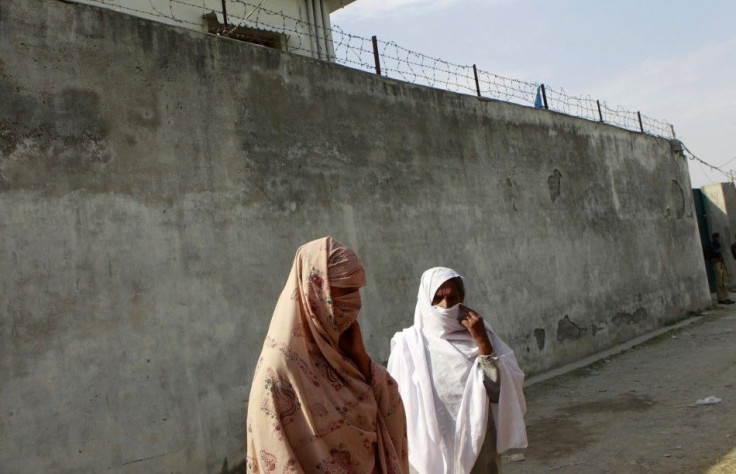Pakistan Spy Officials Knew of Osama’s Whereabouts: Leaked Emails

Osama bin Laden kept in regular contact with senior officials of Pakistan’s intelligence agency while hiding out in the country, according to leaked emails uncovered by the hacking activist group Anonymous and subsequently published by Wikileaks.
The inflammatory emails were taken from the cache of Stratfor, a private U.S. security analysis company that has come under fire from Wikileaks’ chief Julian Assange for being involved in questionable and unethical activities.
The Stratfor email indicated that bin Laden was in contact with up to a dozen members of Pakistan's Inter-Services Intelligence (ISI) agency, although they did not name the officials.
Mid to senior level ISI and Pak Mil [Pakistani military] with one retired Pak Mil General that had knowledge of the OBL [Osama] arrangements and safehouse, the email stated. I get a very clear sense we [US intelligence] know names and ranks.
Stratfor, which provides analysis on military and intelligence issues for corporations and government agencies, has famously been described as a “shadow CIA.”
Separately, if the documents are true, suspicions of Pakistan officials’ involvement with and protection of bin Laden will only deepen and intensify.
Ever since bin Laden was found in a compound near the Pakistani capital of Islamabad last May, Pakistan has come under intense scrutiny and criticism.
The U.S. has long held that ISI must have known of bin Laden’s whereabouts in Pakistan, a charge that Islamabad had repeatedly denied.
Gordon Corera, a security correspondent for BBC, commented: “There has been intense suspicion over how much Pakistani authorities knew of Osama bin Laden's whereabouts but never any definitive proof -- or at least none that has been made public. There's no smoking gun, as one Western intelligence official told menthe Stratfor emails -- if they are genuine -- on the surface might appear to contradict that and seem remarkably specific about the details of who knew what. But the problem remains knowing whether they amount to real evidence.”
Corera added: “The fact Stratfor itself never made more of the information might indicate that they were not sure of its truthfulness or had other information to contradict it. The claims could of course be true but one email from an un-named source to a private intelligence company that has been leaked is not really enough to constitute a smoking gun.”
Meanwhile, Wikileaks claims it has almost 5-million emails from Stratfor which it will publish in cooperation with other media agencies.
Stratfor has defended itself and its operations and also warned it would not comment on the accuracy of the sensitive leaked emails.
Stratfor has worked to build good sources in many countries around the world, as any publisher of global geopolitical analysis would do, the company said in a statement.
We have done so in a straightforward manner and we are committed to meeting the highest standards of professional conduct. Having had our property stolen, we will not be victimized twice by submitting to questioning about them.”
© Copyright IBTimes 2024. All rights reserved.











